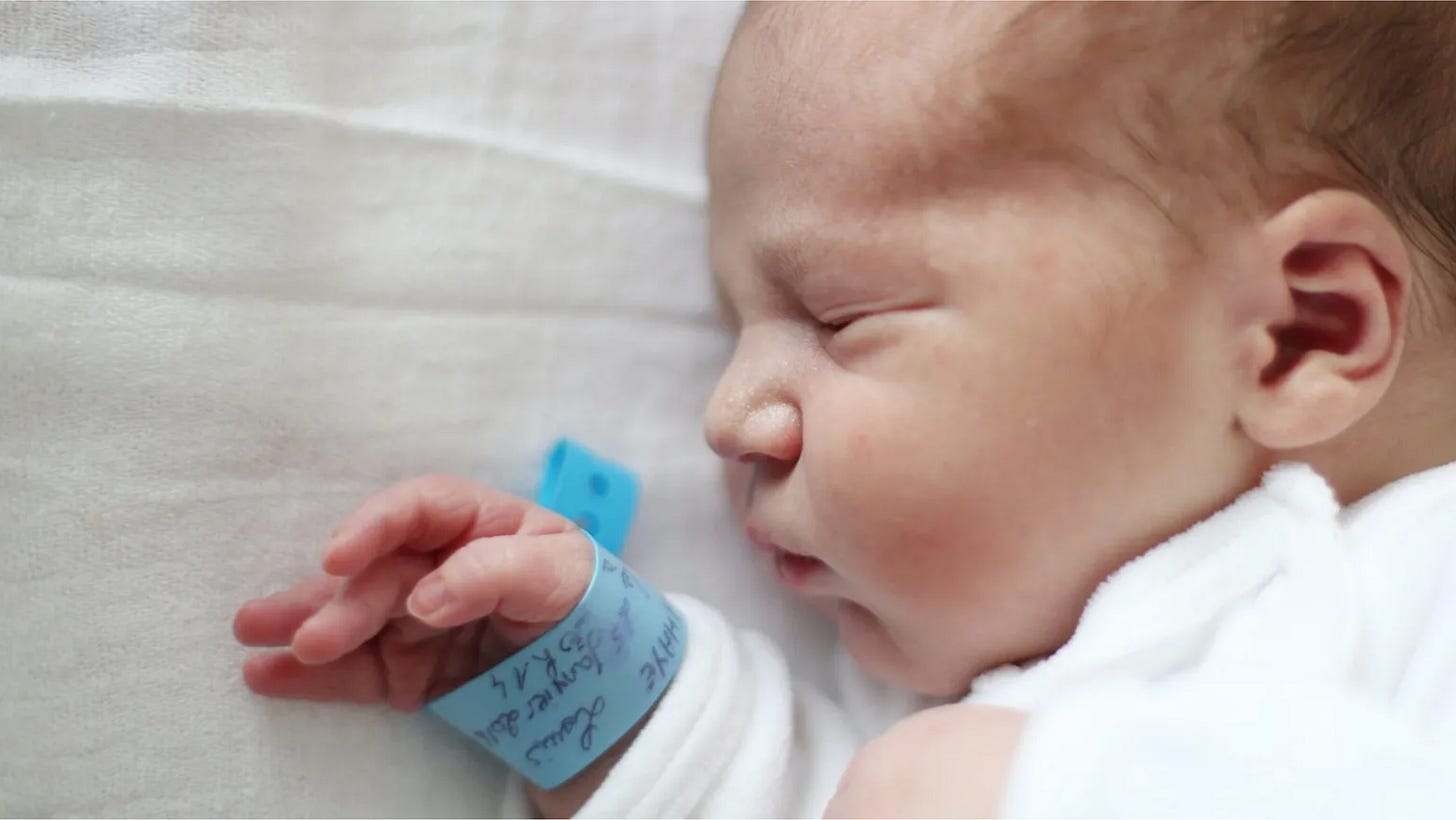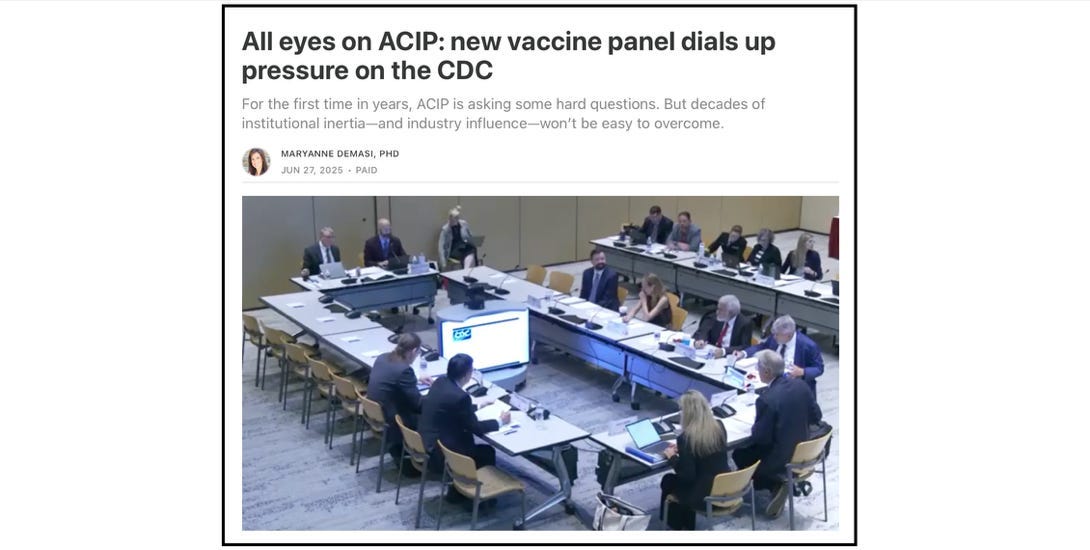EXCLUSIVE: Did the CDC mislead its advisers on the RSV antibody for babies?
CDC assured ACIP the RSV antibody for newborns was safe, but buried in its data was a statistically significant signal — nearly a 4-fold higher risk of seizures shortly after the injection.
In June 2025, the US Centres for Disease Control and Prevention’s (CDC) vaccine advisory panel met for the first time since being overhauled by Health Secretary Robert F. Kennedy Jr.
Kennedy had promised that his new appointees would demand full transparency and scrutinise the evidence before making recommendations.
He charged the Advisory Committee on Immunization Practices (ACIP) with ending what he described as the “rubber stamp” culture of the old guard.
One of its first major votes was whether to endorse Merck’s new RSV monoclonal antibody for babies, nearly identical to Sanofi’s version approved in 2023.
The CDC assured the committee there were “no safety concerns.”
That assurance helped the vote pass 5–2, and newly appointed CDC Director Susan Monarez soon signed off on the recommendation, paving the way for a nationwide rollout this autumn and winter in the US.
But further analysis suggests the CDC’s presentation may have buried evidence of harm—particularly neurological risks like seizures—raising doubts over whether ACIP members had the full picture before casting their votes.



